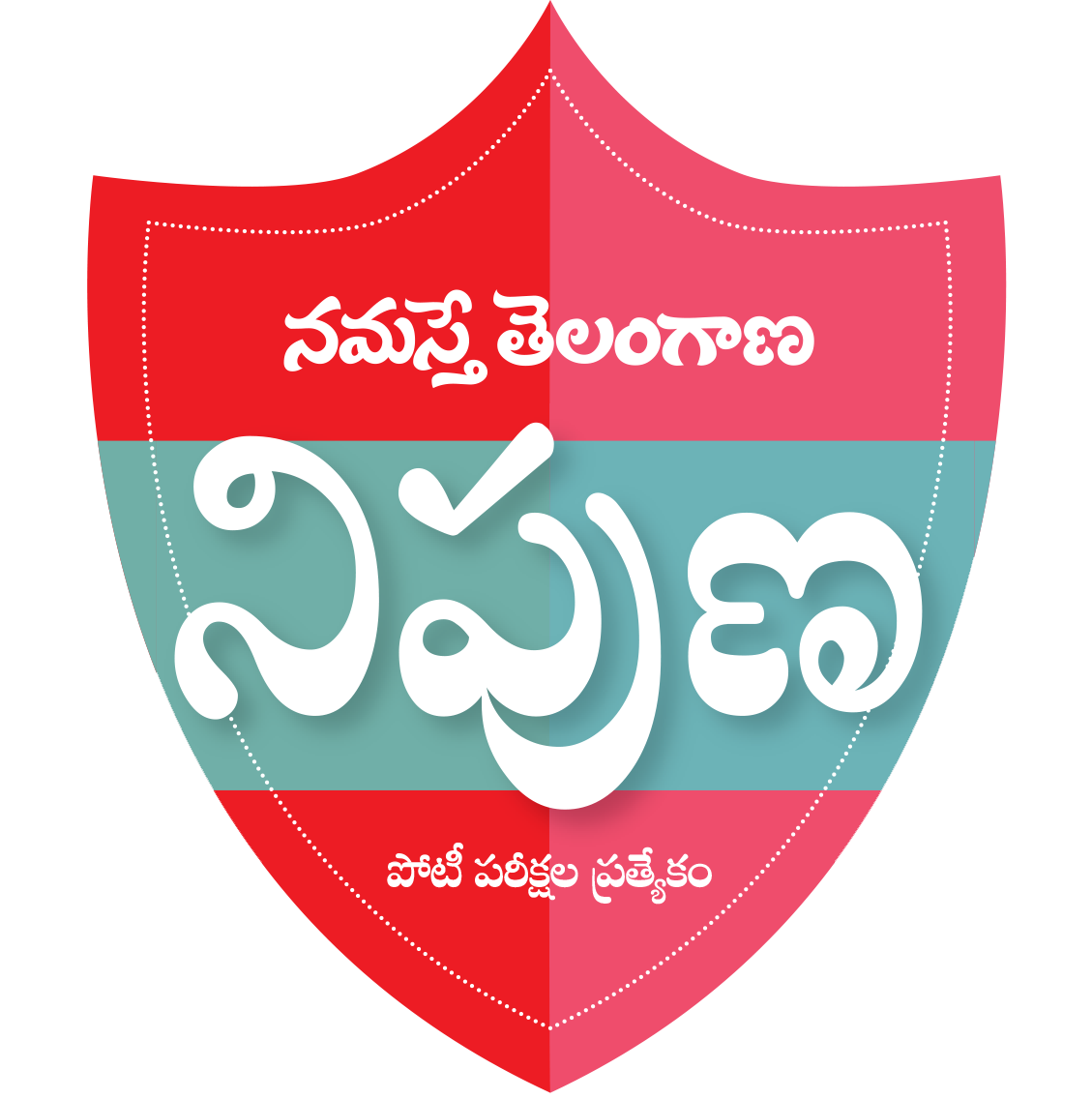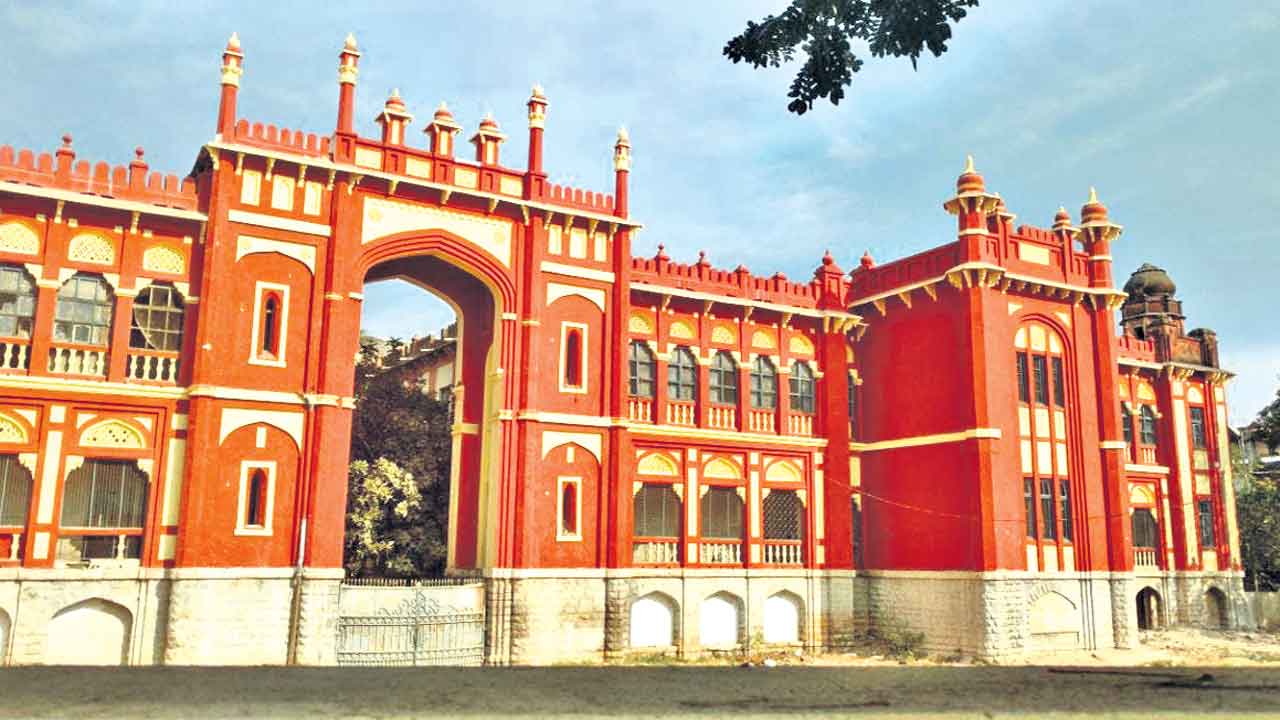CLAT 2022.. game changer?

Common Law Admission test (CLAT) is around the corner and in order to get into one’s dream law school onehas to do something more than what other sixty thousand odd competitors are doing. To get a top NLU, acandidatemust prove that he/she iscrème de la crème. Although the syllabus of CLAT is straight forward -candidates will be tested onreasoning, language, and aptitude skills – going the extra mile on certain topics will be a game changer.
The importance of reading newspapersalong with the with editorials/opinion pages can’t be stressed enough. This not only gives one an edge in English language section but also in the GK section for current affairs and contemporary legal issues.
As CLAT is going to have passage-based questions, it is extremely important to have a good reading speed. There is a lot of reading to be done in the paper and any second saved could contribute to an additional question that could be attempted. Another important aspect is quick decision making – to attempt of leave a question. This helps in saving valuable time that could otherwise be wasted on a tough/unsolvable question. This can be developed by practicing a good number of time bound mocks.
Having a look at previous year papers goes a long way in giving the candidates an idea about the topics/question types that are frequently tested. These should be given extra attention. Let us look at the topics/areas that are important, based on past papers.
English Language: Candidates will be provided a passage of around 450 words each and these passages will be derived from contemporary or historically significant fiction and non-fiction writing. Richer the candidate’s vocabulary, easier it will be to comprehend. Each passage will be followed by a series of questions that will require candidates to demon strate their comprehension and language skills,draw inferences and conclusions,summarise the passage;compare and contrast the different arguments or viewpoints, and of course understand the meaning of various words and phrases used in the passage. These are the aspects that one needs to focus on to crack this section.
Current affairs: In this section,the passages will be derived from news, journalistic sources and other non-fiction writing. The questions may include an examination of legal information or knowledge discussed in or related to the passage. Topics that require extra attention are Contemporary events of significance from India and the world;Arts and culture; Intern ational affairs; andHistorical events of continuing significance.
Legal Reasoning: Questions in this section will be in the form of a passage, testing the candidates’ ability to apply legal principles already set out in the passage. The passages may relate to factual situationsinvolving legal matters, public policy questions or moral/philosophical enquiries. The good news is that candidates will not require any prior knowledge of law. The will, however, benefit from a general awareness of contemporary legal and moral issues to be able to better apply general principles or propositions to the given fact scenarios. What is required to ace this section is ability to identify and infer the rules and principles, apply such rules and principles to various factual situations and understand how changes to the rules or principles may alter their application to various factual situations.Having basic knowledge and familiarity with Law of Torts, Criminal Law, Constitution, Contracts and some miscellaneous areas of law would help.
Logical Reasoning:This section generally has shorter passages – around 300 words per passage. Candidates should have the ability to recognize an argument, its premises and conclusions; critically analyse patterns of reasoning, and assess how the conclusions may depend on particular premises or evidence; infer what follows from the passage, and apply these inferences to new situations; draw relationships and ana logies, identify contradictions and equivalence, and assess the effectiveness of arguments
Quantitative techniques will include short sets of facts or propositions, graphs, or other textual, pictorial or diagramm atic representations of numerical information, followed by a series of questions. Candidateswill be required to derive information from such passages, graphs, or other representations, and apply mathematical operations on such information. Important topics include ratios and proportions, basic algebra, mensuration, and statistical estimation.
Regular practice and special attention to important topics as mentioned above gives candidates a far better chance to crack the CLAT and enter the campus of their dream law school. Are you ready to change the game?
RELATED ARTICLES
-
అయస్కాంత బలరేఖలు ఎక్కడ ప్రారంభమై ఎక్కడ అంతమవుతాయి?
-
హైదరాబాద్ చుట్టూ ఉన్న ప్రాంతాన్ని ఏమని పిలిచేవారు?
-
సంఘ జీవనానికి సాయపడేది.. మోక్షానికి ఉపయోగపడేది
-
Career Guidance After 10th | ‘పది’లమైన కోర్సులు.. భవిష్యత్తుకు బాటలు!
-
TS Tenth Class | 10TH CLASS MODEL QUESTION PAPER
-
TS Tenth Class | X CLASS MATHEMATICS MODEL PAPER – II
Latest Updates
దేశంలో ‘జీవన వీలునామా’ నమోదు చేసిన మొదటి హైకోర్టు?
తాత్వికతను తెలిపేది.. రాజ్యాంగానికి గుండెలాంటిది
ఎలకానిక్ రికార్డులు.. ప్రాథమిక సాక్ష్యాలు
శుక్రకణాలు తాత్కాలికంగా నిల్వ ఉండే ప్రాంతం?
సెకండరీ ఎడ్యుకేషన్ కమిషన్కు మరోపేరు?
‘వెయ్యి ఉరిల మర్రి’ గా పేరుగాంచిన ఊడలమర్రి ఏ జిల్లాలో ఉంది?
రక్షణ దుర్గాలు – నాటి పాలనా విభాగాలు
క్యారెట్ మొక్క ఎన్ని సంవత్సరాలు జీవిస్తుంది?
ప్రపంచ ప్రసిద్ధి అగాధాలు – ఐక్యరాజ్యసమితి లక్ష్యాలు
అణు రియాక్టర్లలో న్యూట్రాన్ల వేగాన్ని తగ్గించేందుకు ఉపయోగించే రసాయనం?






